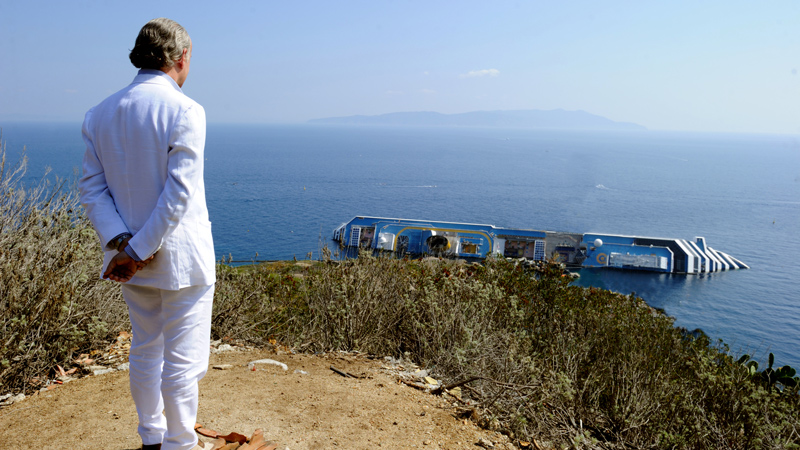In response to The New York Times article “650 Prompts for Narrative and Personal Writing.”
618. “What Would You Risk Your Life For?”
In Zorba the Greek, Nikos Kazantzakis writes that there are two ways to live: as if every moment were your first, or as if at any moment you might die. Zorba and the narrator debate which one they are, inevitably picking one but acting out the other. Because they have so much zest for life, and prove both cases work, I feel either would make for an exceptional life. On the one hand you see the world through the eyes of a child, with innocence and naïveté, with fire and lust. On the other hand, you have the capacity for compassion and understanding, while also reaching for those impossible moons that a slothful person might put off, or a vicious person might over-complicate; in this second case, which is the case for the narrator in Zorba the Greek, each action comes from knowing it might be your very last. So just do it!
In reality, who can live like that? I want to posit a third case, a simpler and more logical approach, which comes from the title question: What would you risk your life for? I think this is the middle way, to have a list of things you would die for at any moment, while in all other respects you live as if living for the first time.
I would risk my life to save a family member.
I would risk my life to have my work touch the most people.
I would risk my life to fulfill a cosmic duty.
If those sound vague, it’s because the question is an insidious hypothetical question. It asks one to ignore the instinct for survival, to forgo the will to live, to not think twice when it comes to doing the right thing. That all sounds nice on paper, but who knows. I would like to believe I believe in the things I believe.
Biologically, my genes could be safely passed on in a family member. I think anthropologists have a word for this kind of life risking. If my sisters fall, I will pick them up. If a cousin is in need, I could leap. If a parent is sick, I would fly. And I trust they would do the same for me. Intellectually (and egotistically, I suppose), my raison d’être is my body of work, my letters, the books I hope to share with the world. If we are allowed to leave a footprint in culture, or inspire spaces in people’s hearts, or carry on a tradition (in this case, literature), then I feel I must do the best I can to ensure my work passes on to the next generation. If there befalls a chance that my work be destroyed, for example in a burning building, I would run in and save the manuscripts. Lastly, spiritually, borrowing from the stoics, if my core beliefs are threatened, or if my existence led to the possibility of some heinous evil, then I would do the right thing and risk my life. I guess that’s what I mean by cosmic duty. If my dying saves a village, then I gotta die. If I have the chance to take a risk because it will benefit everyone else, then so be it. If forced to divulge top government secrets, I’d tell em stick me in a hole or do me in, I ain’t talking! Something like that. There are more important things than life, like liberty, like honor, like love. To the rest, I say, humbug.




